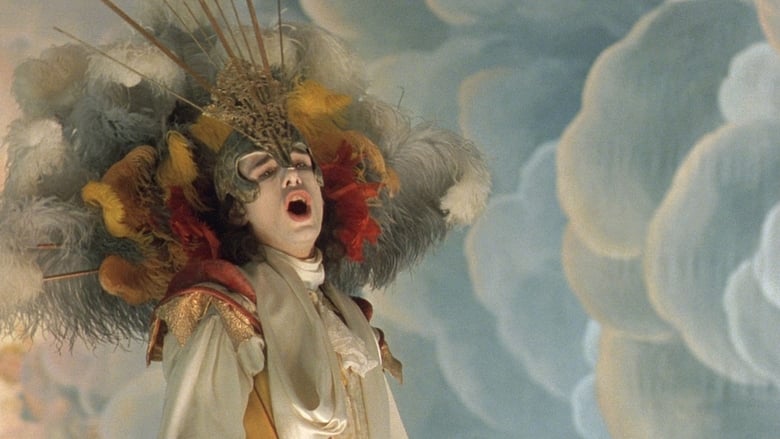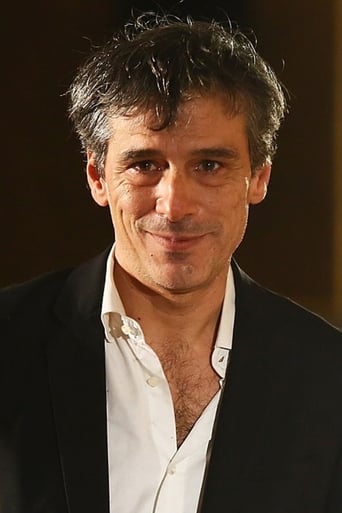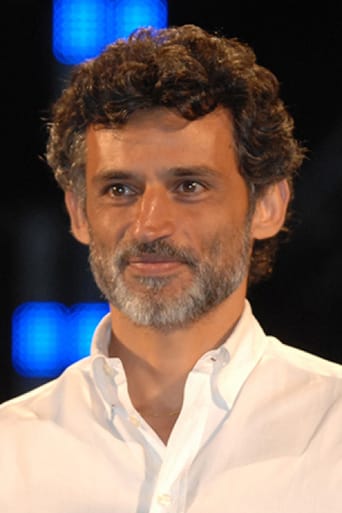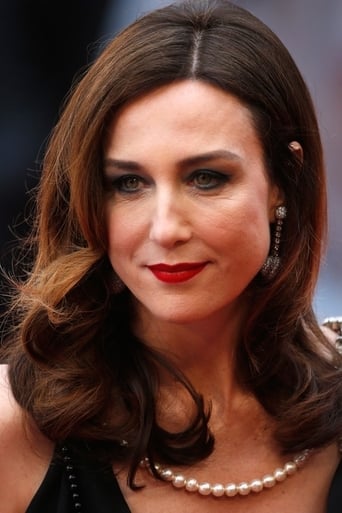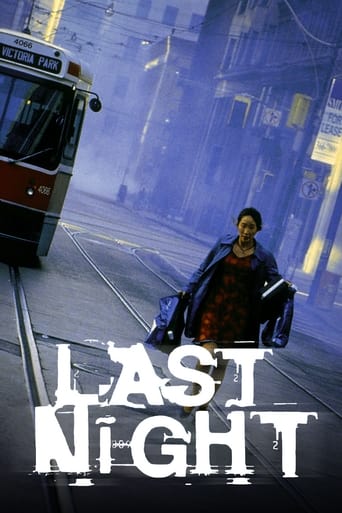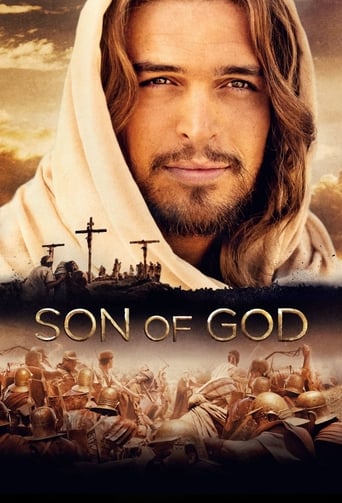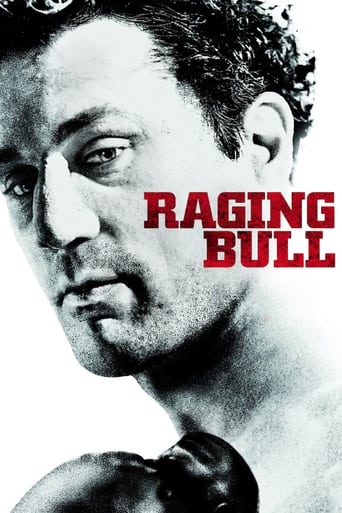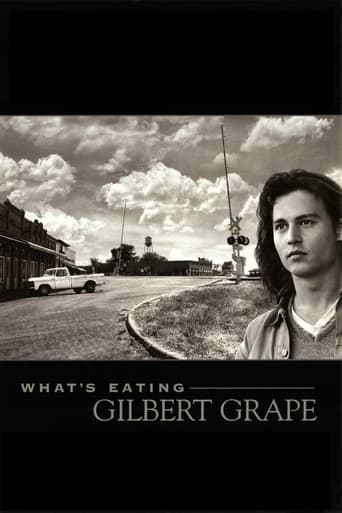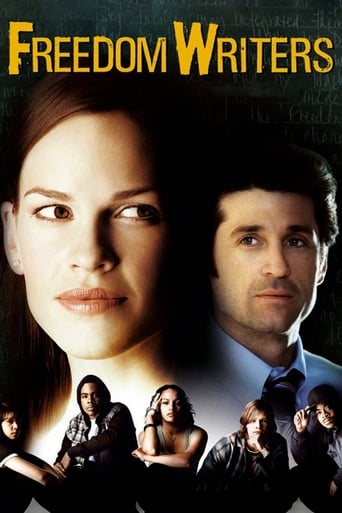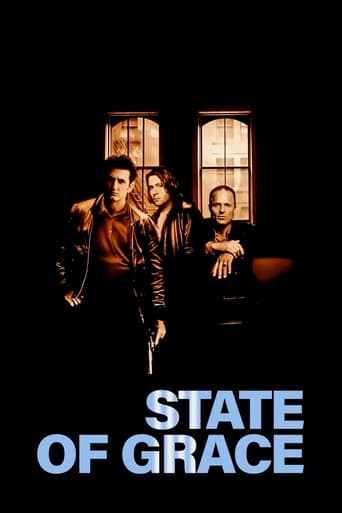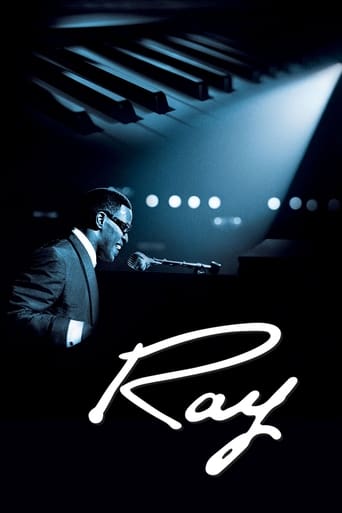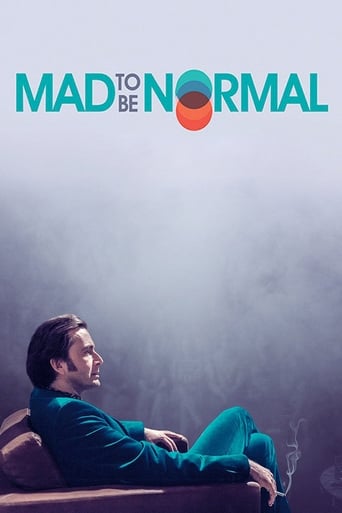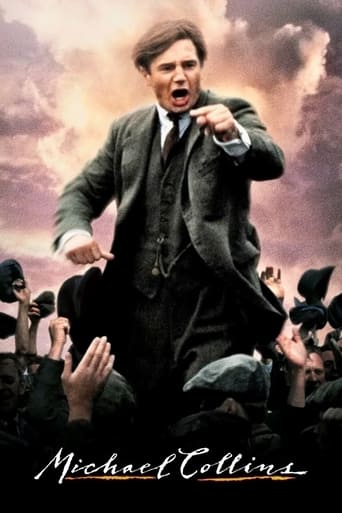Farinelli (1994)
The life and career of Italian opera singer Farinelli, considered one of the greatest castrato singers of all time.
Watch Trailer
Free Trial Channels
Cast


Similar titles
Reviews
Self-important, over-dramatic, uninspired.
Fantastic!
Best movie ever!
Exactly the movie you think it is, but not the movie you want it to be.
In the 18th century, long before modern music could be canned for mass consumption, there existed a life-style which could only be sculpted from the unfortunate lives of prepubescent boys of Europe. This movie called " Farinelli " is the finest example of what was once deemed a most unique form of Opera. The story is based on the true story of two brothers who's father fettered them to a life of music and composition. Stefano Dionisi plays Carlo Broschi, AKA as Farinelli and his brother Riccardo Broschi (Enrico Lo Verso). Together they travel far and wide seeking not only an Opera loving audience, but also a rich patron who could afford their talent. The time of our story is set during the Baroque heyday of Frideric Handel (Jeroen Krabbe) who's great Classical music became the epitome of royalty and high society alike. The elder Broschi believes he did the right thing by suffering his younger brother to the excruciating pain of being castrated. However, he is then haunted by the fact his tortured brother has nightmares from the incident. Travel as the two boys do throughout the film, the story becomes more a testament of conscience, than one dealing with the audience appreciation of the day. Still, for Opera lovers or for those who enjoy good operatic theater, this movie delivers a cornucopia of both, with great period costumes and superior acting. Indeed, Stefano Dionisi and Jeroen Krabbé are superb as their lives play against each another. ****
How could I dislike most opera, and LIKE this film? The sets, costumes, and period attitudes were amazing. The Castrato voice was amazing. Do I wish I'd lived in that world? NO! But... the "Castrati" singers were a serious cultural phenomenon, and an odd, interesting, self centered, sad, twisted human "invention" that leave you wondering if there's another species you'd rather join. This is a true story, which adds credibility to its bizarreness. It's about the rise a Europe's most popular dare I say "Superstar"? - Castrato, "Farinelli", who became all the rage. He was wined, dined, and sexed by anyone who could get near him, and yet, like so many superstars, life was not what it seemed. His relationship to Handel is an interesting one, but not equal to that with his brother. The story unfolds exactly like one of the operas with all the drama and flourishes one would expect from that time. When you're in the mood to enter a VERY different world that existed on THIS planet, "Farinelli" should be on that list.
Director Gerard Corbiau's Farinelli won Best Picture of 1995. The foreign film, mixed Italian and French, retells the story of the famous and greatest castrato singer Carlo Broschi. The film is exotic, intensely emotional and loaded with beautiful music of the Baroque Era (1600-1750). With all the good things about this movie, comes some things that might be rather disturbing or inappropriate for a younger audience. This is assuredly an adult film. There are two explicit sex scenes at the beginning and end of the film. This is a movie for an adult who is interested in the period, in the life of the castrati and in opera at this time. The opening introduces Carlo Broschi as a little boy singing in the church choir. Another young lad has been castrated to preserve his voice and is so mortified he leaps to his death. Eventually Carlo's brother Riccardo is obligated to do the same to his brother. We don't learn until later in the film that it was Riccardo and not Carlos' brother that conducted the castration. Here, Farinelli is usually quite ill and is forced to take opium as medicine. Farinelli does not seem to think highly of his brother's operas, which are written exclusively for his voice. Instead, he believes the greatest composer of this time is George Frederic Handel, played convincingly by Jerome Krabbe. In a dinner party, in which the Nobles insult Handel, Farinelli is outraged and declares that Handel will long be remembered and not the Nobles and their operas. This ends up being true since Handel is considered one of the greatest composers of this period together with Johann Sebastian Bach. The movie has some inaccuracies and are not historically true. Naturally, this being a costume drama, there are some elements which were entirely fictional created for the sake of sensationalism. Although it is true Riccardo Broschi did compose operas for his brother Farinelli, there is no real evidence they "shared" the women they bedded. In the movie, a Countess is so enamored with Farinelli that she jumps into bed with him only to discover he's castrated. Thus, Riccardo plants the seed and Farinelli only lures the women into bed and seduces them. This is fabricated material to "sex up" the movie. In real life, Farinelli I'm inclined to believe was chaste. He sung many times for religious services and was a devout Catholic. He may not have been at all bitter for his castration since he lived like a king all his life, surrounded in luxury. He was well acquainted with European royalty, all of Europe loved him and he died after years of singing in the chambers of King Phillip of Spain. The rivalry between the Nobles Theatre Opera and Handel's opera company is true. In fact, it remains the only true thing about this movie. The English in London disliked the German foreigner Handel and his prominence in London. He was so beloved that even King George and Queen Anne protected him. The Nobles schemed endlessly to get rid of Handel. The portrayal of Handel as a musical genius, a man of stubborn, perfectionist character is all true. I think the most moving scenes are those with Handel, such as the scene in which Farinelli is overhearing him play the organ in the church and is moved by the music and the scene of Farinelli singing "Lascio Chio Pianga" from Rinaldo which ultimately moves Handel to tears. All the scenes of opera and Farinelli singing in his majestic costumes in this movie are stunningly beautiful. Finally, this movie's soundtrack is incredible. It contains the combined voices of tenor Derek Rogin and soprano Ewa Mallas as the singing voice of Farinelli. The arias sung here are taken from Riccardo Broschi's operas Idaspe and Artaserse and from Handel's Julius Caesar and Rinaldo. A superb film and a must see for fans of Baroque opera.
See the movie for the music, the costumes and the set designs. I first heard of this movie through a classical music station and I was hooked immediately. Bought the soundtrack and fell in love with the strength of the voice. A voice with a three and a half octave range! Buy the CD to read about how the voice was created for the movie. Just incredible.


